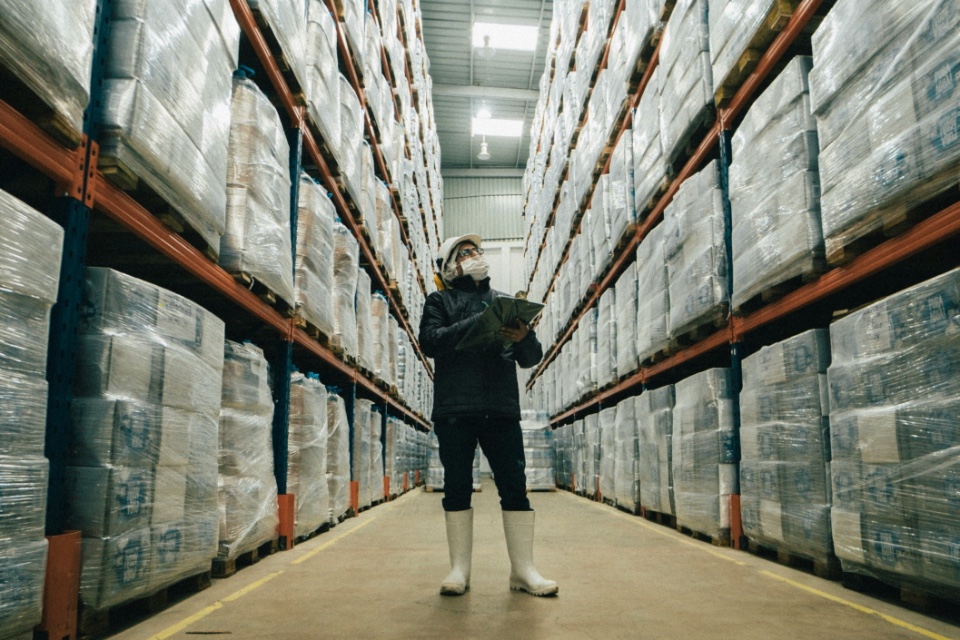New research has found supply chain sustainability is a top priority among FMCG retailers, but many aren’t formally measuring KPIs.
According to research from iPoint BiS, more than three quarters of firms (77%) have a clear plan and vision for supply chain sustainability.
However, 40% do not have formal KPIs and 55% said they only have informal measurement metrics.
Only 8% of firms have met their supply chain sustainability plan because of perceived time and effort.
While 41% of managers believe getting supply chain sustainability right will save money.
1 in 3 see supply chain sustainability as protecting against reputational damage. The same number see it as meeting stakeholder expectations.
The survey questioned 250 US and UK supply chain decision-makers and found that while 77 per cent consider supply chain sustainability a strategic priority with a clear plan and vision, 92 per cent of firms are falling behind on their commitment due to perceived time and effort.
The research looked at supply chain sustainability drivers and unsurprisingly found that cost saving is the number one goal amongst managers when creating a sustainable supply chain with 41 per cent citing it. This was well above 31 per cent looking to reduce environmental impact.
In the USA, managers are much more concerned about protecting against reputational damage, with 40 per cent more managers citing it as a sustainability goal in the USA compared to the UK.
Among the reasons given for barriers to implementing a sustainable strategy, 44 per cent say it’s because of the time and effort required, and 43 per cent say it’s difficult to prove the business case. Firms realise that sustainability is important but are finding it difficult or time-consuming to implement.
Despite increasing regulatory pressure and the acknowledgement that sustainability is a key priority, less than half of businesses have a formal measurement of the environmental impacts of their supply chain and track progress towards their sustainability goals.
Joerg Walden, CEO of the iPoint Group, said: “More than ever before, organisations are facing increased demands for insight into their social and environmental performance. CSR or Environmental Social and Governance (ESG) data is no longer just a compliance or financial issue, it has become a social issue where stakeholders, including the public, take an interest in an organization’s CSR or ESG reports. It’s clear from our research that enterprise understands this, but the evidence points to the fact that there is a long way to go before the benefits of sustainability are realized through proper measurement.”
Oliver Mueller, Co-Founder and CEO of iPoint BiS, added: “We live in an era where data can deliver easily trackable progress and actionable insights for decisions and improvements in real time. EHS and sustainability need solid reporting to make a measurable difference and to prove the business case. More than this, EHS and sustainability can rise above organisational boundaries by providing complete transparency into organisational and supply chain relationships through automation, turning sustainability into a business advantage and easily proving the business case.”







